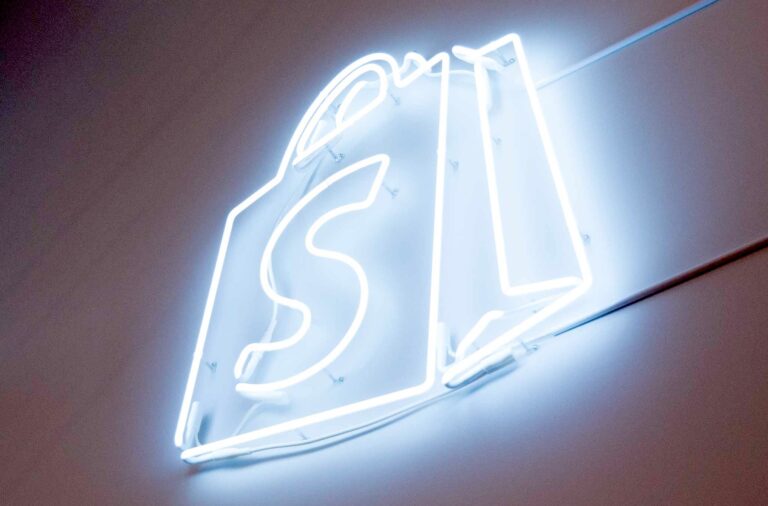
When Kanye West returned to X earlier this month, he immediately triggered waves.
The consistently controversial West—who last posted on X back when it was called tweeting on Twitter—went on a multi-day tirade in which the multifaceted artist, among other things, admitted to being a Nazi.
Upon deactivating his account, Ye also altered his website, distilling the digital Yeezy store to the sale of a single garment: a plain white t-shirt boldly emblazoned with a black swastika.
Yeezy.com runs (or ran) on the Shopify platform, which put the Ottawa fintech in a situation.
Ultimately, the online store was shuttered within 24 hours. However, it was not specifically because of the symbol, an account of events suggests.
A public statement from Shopify spokesperson Caty Gray declared that the “merchant did not engage in authentic commerce practices.”
More specifically, the move was “a stunt” and “not a good faith attempt to make money,” according to Shopify’s general counsel Jess Hertz in a Slack memo obtained by The Logic.
That was violation of Shopify’s terms of service, she said, and created a risk of fraud.
Despite the internal memo from Hertz describing Ye’s garment as “vile, disgusting, and inexcusable,” it was insisted upon that “opinion doesn’t factor in here.”
Shopify’s connection to West dates back to 2016, according to The Logic, when he first used the platform to sell his clothing and music.
Shopify is the second largest publicly traded company in Canada behind the Royal Bank. The fintech recently reported earnings that saw nearly US$3B in quarterly revenue, up more than 30% year-over-year.
“2024 was a stand-out year for Shopify,” President Harley Finkelstein stated this week. “Heading into 2025, we are committed to making entrepreneurship more common and further establishing Shopify as the go-to commerce platform for businesses of all sizes.”


Leave a Reply